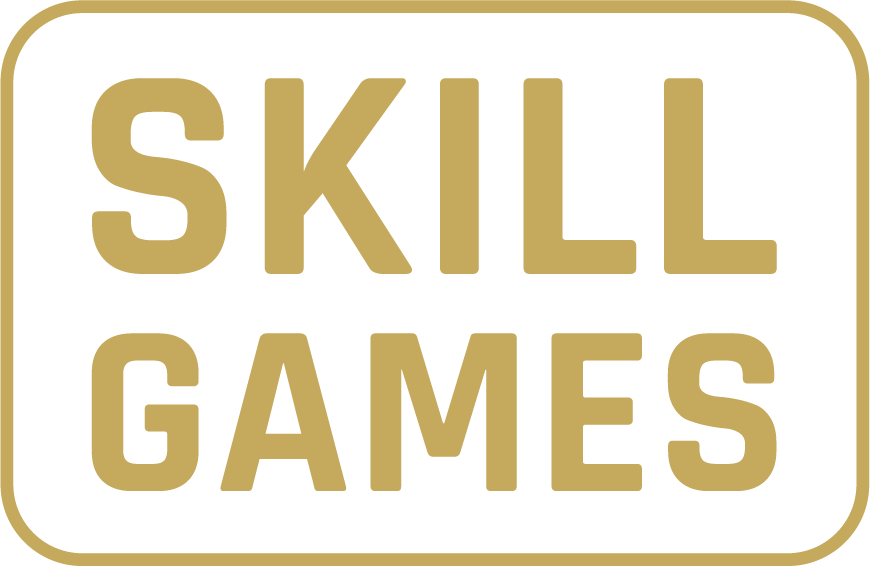
How To Win At Skill Games?
Skill games, distinguished by their emphasis on player proficiency rather than pure luck, offer a unique and engaging game experience. Whether you’re a seasoned player looking to enhance your skills or a newcomer eager to learn, this comprehensive guide will provide valuable insights on how to win at skill games. From understanding the fundamentals to mastering specific strategies, let’s explore the keys to success in the realm of skill-based games.

Understanding Skill Games:
1.Defining Skill Games
Skill games, as the name suggests, are defined by the reliance on the player’s abilities rather than random chance. These games span a wide range of genres, including arcade games, puzzle games, and sports simulators, each requiring a distinct set of skills for success.
2.Distinguishing Skill from Chance
Unlike traditional arcade games, where outcomes are determined largely by luck, skill games challenge players to showcase their abilities. Success in skill games is achieved through practice, strategy, and honing specific skills related to the game’s mechanics.
Developing Fundamental Skills:
1.Hand-Eye Coordination
Many skill games require precise hand-eye coordination. Practice aiming, clicking, or controlling virtual elements on the screen with accuracy. Regular exercises to improve coordination can significantly impact your performance.
2.Quick Decision-Making
Skill games often demand rapid decision-making. Develop the ability to assess situations quickly and make strategic choices. This skill is crucial for adapting to changing game dynamics and staying ahead of your opponents.
3.Pattern Recognition
In puzzle-based skill games, pattern recognition is a key skill. Train your mind to identify recurring patterns, sequences, or solutions within the game environment. This will enhance your ability to anticipate and respond effectively.
4.Strategy Development
Every skill game has its own set of rules and dynamics. Understanding the strategies that work best for a particular game is essential. Analyze successful plays, learn from experienced players, and develop your unique approach to tackle challenges.
Winning Strategies for Skill Games:
1.Practice Regularly
The adage “practice makes perfect” holds true for skill games. Dedicate time to regular practice sessions to familiarize yourself with the game mechanics, controls, and challenges. Consistent practice sharpens your skills and boosts your confidence.
2.Study the Game Rules
Knowing the ins and outs of a game is crucial. Take the time to thoroughly understand the rules, scoring mechanisms, and any special features the game may offer. A deep understanding of the game will give you a competitive edge.
3.Observe Successful Players
Watch experienced players in action. Platforms often host competitions or provide access to gameplay videos. Observing successful players can offer valuable insights into effective strategies, techniques, and decision-making processes.
4.Manage Resources Wisely
Many skill games have limited resources, whether it’s ammunition, time, or in-game currency. Learn to manage these resources efficiently. Avoid reckless actions that deplete your assets quickly and focus on strategic resource utilization.
5.Stay Calm under Pressure
Skill games can be fast-paced and intense. The ability to stay calm and composed, especially in challenging situations, is a hallmark of a skilled player. Practice maintaining focus and avoiding impulsive decisions, even when the pressure is on.
6.Adaptability is Key
Successful skill gamers are adaptable. Game dynamics can change rapidly, requiring you to adjust your strategy on the fly. Be flexible in your approach, and don’t be afraid to experiment with different tactics based on the evolving circumstances.
7.Understand the Scoring System
Each skill game comes with a specific scoring system. Understand how points are awarded, and identify the actions or achievements that contribute to a higher score. Tailor your gameplay to maximize your points within the given parameters.
8.Participate in Tournaments
Many skill games offer tournaments or competitions where players can showcase their abilities. Participating in these events not only provides a platform for recognition but also exposes you to diverse playing styles, fostering growth and improvement.
Maintaining a Healthy Mindset:
1.Learn from Mistakes
Mistakes are inevitable, especially when learning a new skill game. Instead of getting discouraged, view mistakes as learning opportunities. Analyze what went wrong, adjust your approach, and use the experience to refine your skills.
2.Celebrate Small Wins
Acknowledge and celebrate your achievements, even the small ones. Recognizing progress boosts motivation and contributes to a positive mindset. As you accumulate small wins, you’ll build the confidence needed for more significant successes.
3.Balance Competition with Enjoyment
While the desire to win is natural, it’s crucial to balance the competitive aspect with enjoyment. Skill games are meant to be entertaining, so ensure that you find pleasure in the gameplay itself, regardless of the outcome.
Conclusion:
Winning at skill games is a rewarding journey that combines dedication, practice, and strategic thinking. By understanding the fundamentals of skill games, developing essential skills, and implementing effective strategies, you can enhance your gameplay and increase your chances of success. Remember that improvement is a continuous process, and with a positive mindset and commitment to learning, you’ll find yourself mastering the art of skill-based games.




